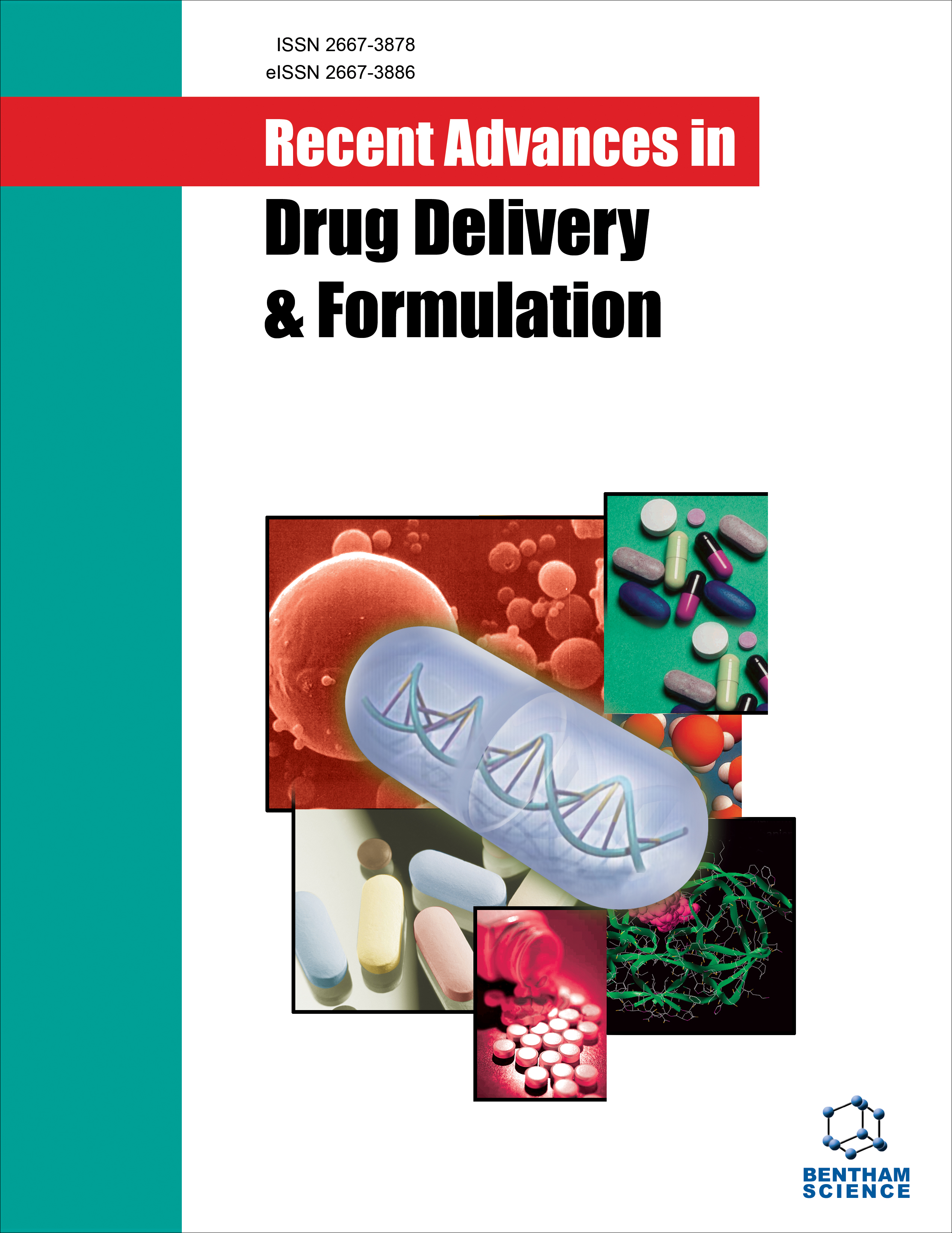
Full text loading...

Transdermal drug delivery (TDD) systems offer a patient-friendly alternative to oral and injectable routes by enhancing bioavailability and bypassing hepatic first-pass metabolism. Nanoemulgels, which integrate nanoemulsions with gel matrices, provide improved drug solubilization, stability, and skin permeation. Incorporating both herbal components, such as Nigella sativa oil, and synthetic permeation enhancers, presents a synergistic strategy for enhancing the efficacy of anti-inflammatory agents like colchicine.
This review critically evaluates the formulation, pharmacological benefits, and permeation-enhancing strategies of nanoemulgels containing colchicine. Literature was selected from major scientific databases, emphasizing studies that investigated the combined effects of herbal and synthetic excipients on drug delivery and therapeutic performance.
Evidence indicates that nanoemulgels incorporating Nigella sativa oil and pharmaceutical-grade permeation enhancers significantly improve colchicine's dermal absorption, sustain drug release, and reduce systemic toxicity. The synergistic interaction between natural bioactives and synthetic agents enhances both anti-inflammatory activity and skin permeability.
The dual role of Nigella sativa as an anti-inflammatory and natural permeation enhancer, when paired with synthetic excipients, demonstrates superior pharmacodynamic outcomes. This integrated approach enhances the therapeutic index of colchicine while minimizing adverse effects.
Combining herbal oils like Nigella sativa with pharmaceutical excipients in nanoemulgel systems represents a robust strategy for transdermal delivery. This platform improves drug penetration, stabilizes formulation performance, and amplifies therapeutic efficacy, offering a transformative alternative for chronic inflammatory conditions such as gout.

Article metrics loading...

Full text loading...
References


Data & Media loading...